Don't have an account?
Click Here- Fast, secure checkout
- Exclusive promotions & offers
- Home
- Wild Ivory King Salmon
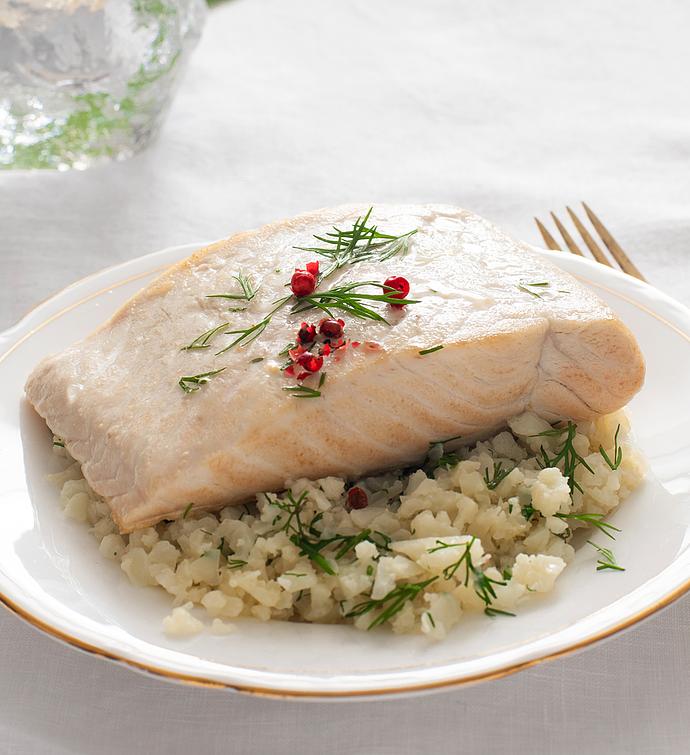




Quantity:
About Wild Ivory King Salmon
Contents

- 6 portions Wild Pacific Ivory King Salmon, skin-on, boneless, 6 oz (170g) each
- Net Weight: 2 lb 4 oz
Description
Known also as Chinook, king salmon is the largest of the five Pacific salmon species and celebrated for its high oil content. While most kings have meat that is a vivid red, about 1 in 20 process their dietary pigment differently, resulting in white meat. While nutritionally identical to red kings, ivory kings contain more oil, resulting in a buttery and lavish flavor. Our kings are line-caught in the icy waters of Alaska and British Columbia, iced immediately, and flash-frozen within hours of catch to lock in their fresh-caught flavor and texture. King salmon's rich taste and luxurious texture make it perfect for grilling, broiling, or roasting. Like sockeye, king salmon is an abundant source of protein and vitamin D. Individually flash-frozen and vacuum-packaged in recipe-ready portions.
- Excellent source of protein and vitamin D
- 3,370mg omega-3s per 6-oz serving
- Kosher (EK), approved for Passover
- Product of USA or Canada
Ingredients: Wild Pacific king salmon (Oncorhynchus tshawytscha). Contains fish.
Flash-Frozen is the New Fresh: Much of our seafood comes to you frozen, which means you can enjoy seasonally harvested fish and shellfish any time of the year. Freezing fish rapidly and within hours of catch locks in flavor and freshness, giving us straight-from-the-sea taste without the risk of spoiling. Major advances in rapid-freeze technologies mean seafood can be frozen solid in a matter of seconds, which minimizes damage to cell walls, preserving taste, texture, and moisture levels. The process of freezing seafood has evolved to the point where frozen fish is comparable to-if not better than-fresh. In fact, consumer taste-tests conducted by Oregon State University consistently put frozen seafood on top.
Marine Omega-3s: Omega-3 fatty acids are found in seafood, livestock, and some plants, but seafood is the only concentrated source of two types that are vital for human health: eicosapentaenoic acid (EPA) and docosahexaenoic acid (DHA). Evidence suggests consumption of EPA and DHA supports brain development and eye and heart health.

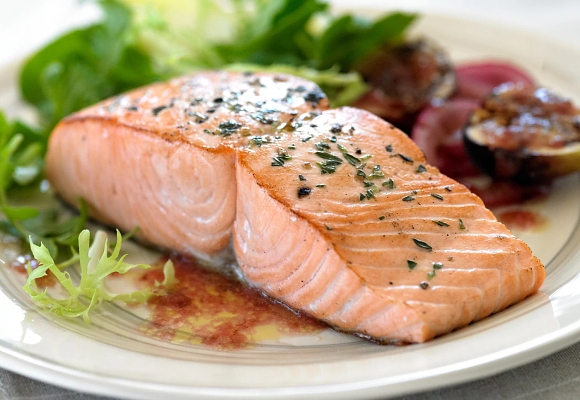
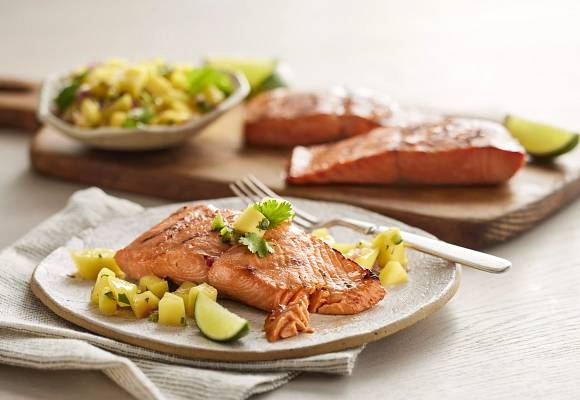
![Shop Premium Alaskan Halibut,[object Object]](https://images.contentstack.io/v3/assets/blta522552136812831/blta4ebcb10869b88b7/67e5d4c4dd5442a6c2ee749b/TopNav-Halibut.jpg?auto=webp)
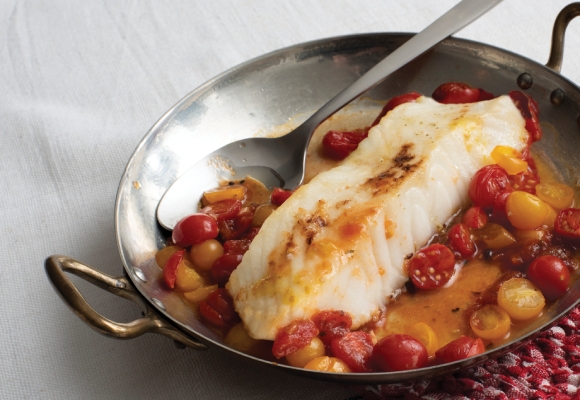
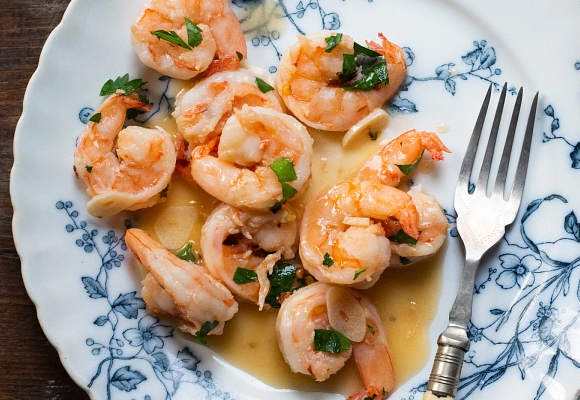
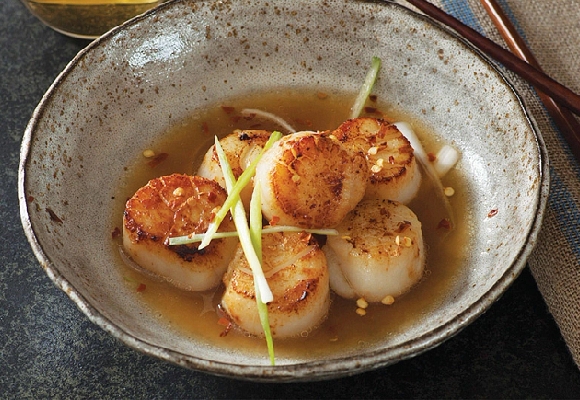
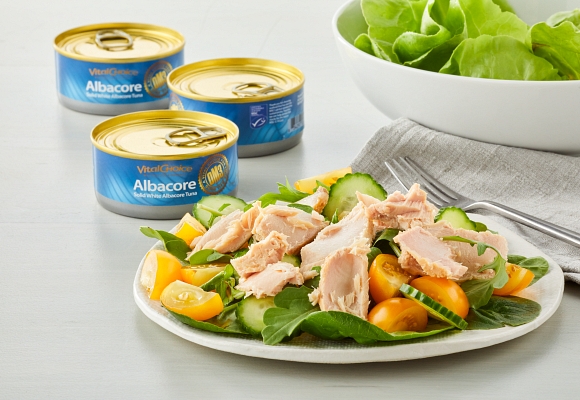
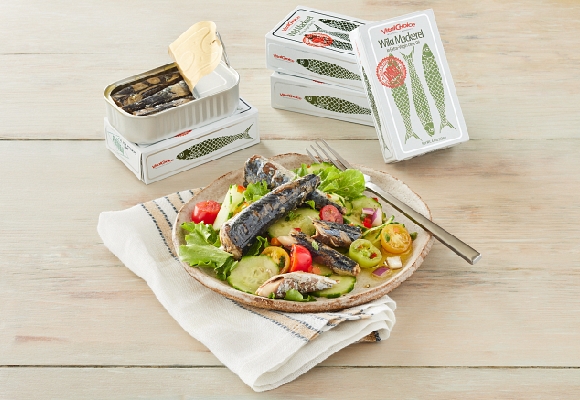
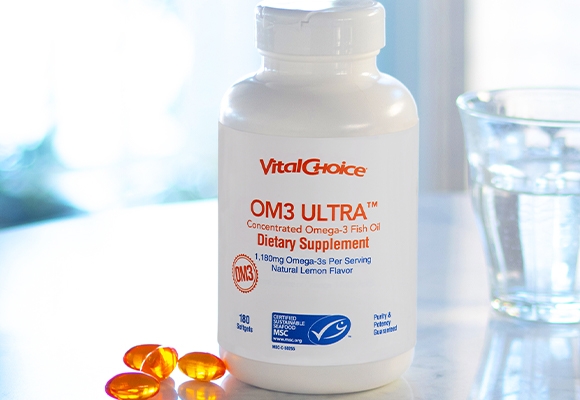
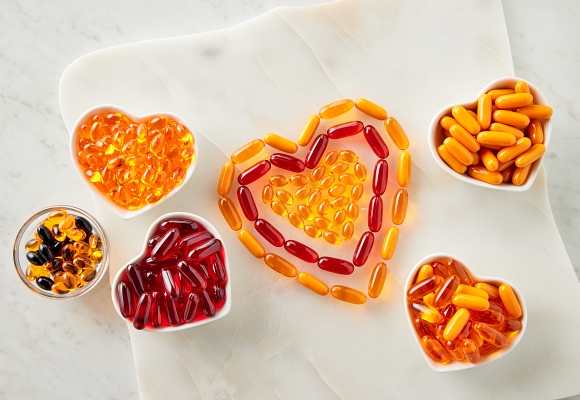
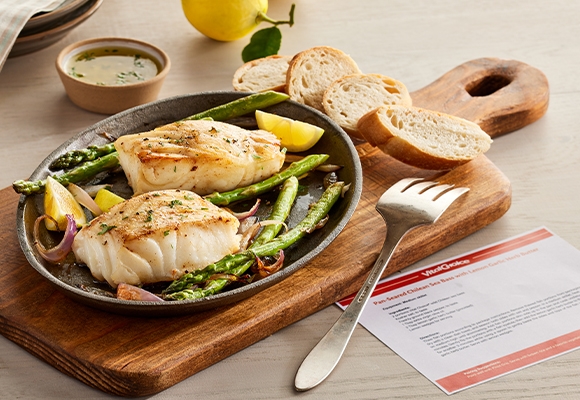
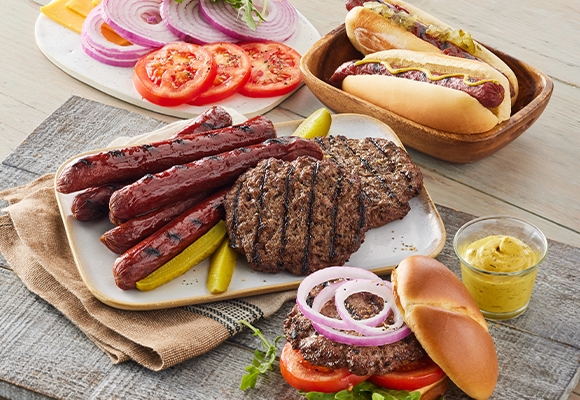
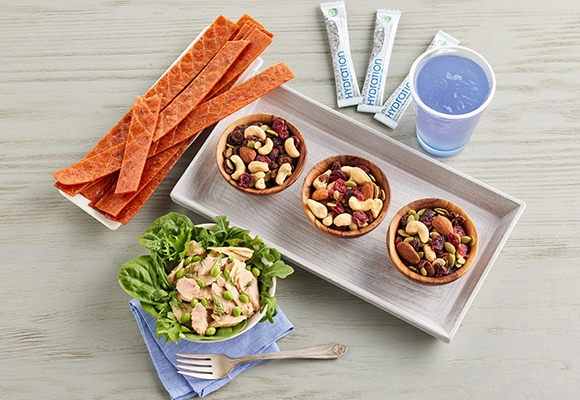
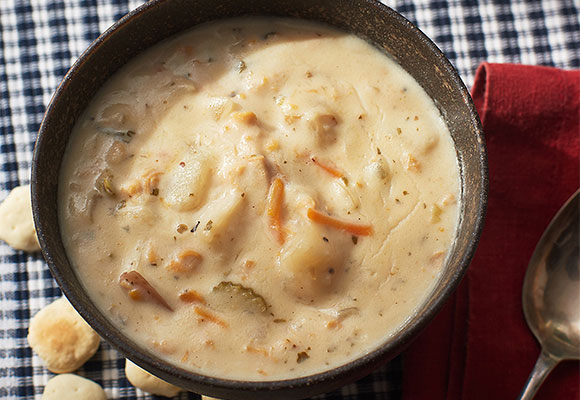
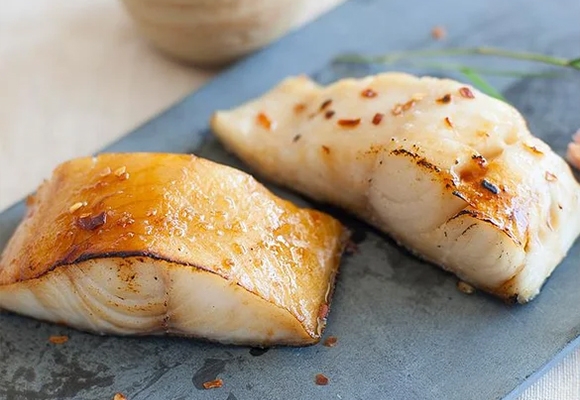
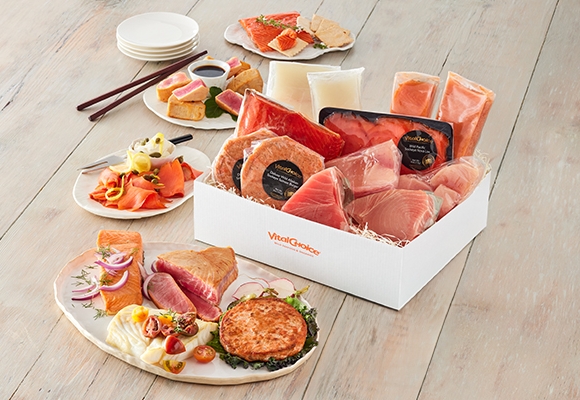

.png?auto=webp)